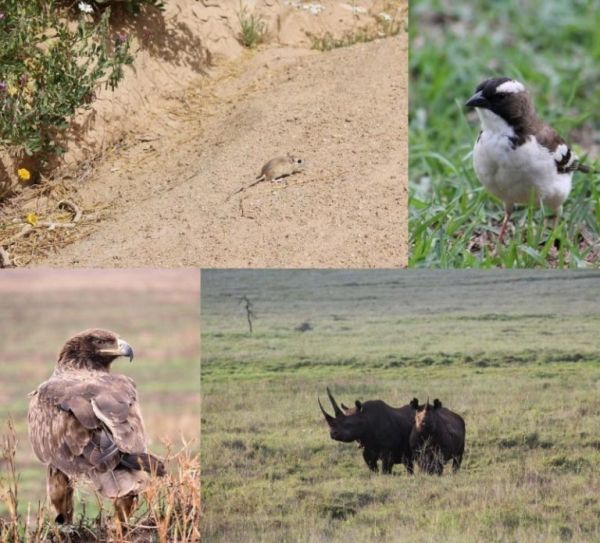Researchers, including one from Memorial University, are forecasting a worldwide move towards smaller birds and mammals over the next 100 years.
Dr. Amanda Bates, Canada Research Chair in Marine Physiological Ecology, and associate professor, Department of Ocean Sciences, Faculty of Science, joined with geographers, biologists and oceanographers at the University of Southampton on a paper published recently in the journal Nature Communications.
It argues that, in the future, small, fast-lived, highly fertile, insect-eating animals will thrive in a wide-variety of habitats and predominate.
The “winners” include rodents, such as dwarf gerbils and songbirds, such as the white-browed sparrow-weaver. Less adaptable, slow-lived species, requiring specialist environmental conditions, will likely fall victim of extinction.
Continue reading at Memorial University of Newfoundland.
Image via Memorial University of Newfoundland.


